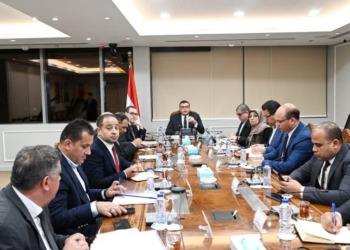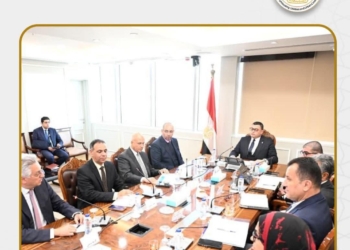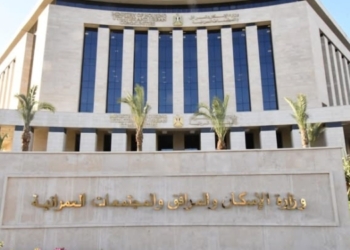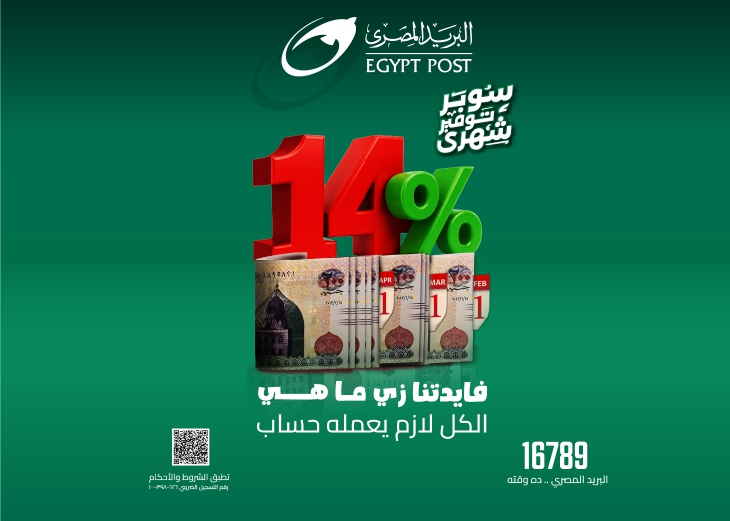Pragmatic Play is a leading provider of online gaming entertainment, renowned for its innovative and engaging tournament formats across various regions. However, these tournaments are not uniform worldwide; they adapt to local regulations, player preferences, and market conditions. Understanding regional variations in tournament structures and rules is crucial for players, operators, and regulators alike. This article explores how tournament formats differ across regions, the rule adaptations influencing gameplay, and the broader impacts on player engagement and regulatory compliance.
Table of Contents
- How do tournament formats differ across regions in Pragmatic Play?
- What regional rule adaptations influence gameplay and player experience?
- Impact of regional differences on player engagement and participation rates
- Legal and regulatory influences shaping regional tournament rules
- Technological adaptations tailored to regional audiences in tournaments
How do tournament formats differ across regions in Pragmatic Play?
Regional distinctions in tournament scheduling and frequency
Across different regions, Pragmatic Play tailors tournament schedules to align with local market behaviors and cultural events. For example, in Europe, weekly tournaments are common, often coinciding with major football matches or holidays, encouraging increased participation during these periods. Conversely, in Asia, tournaments may be scheduled around specific festivals such as Chinese New Year, with daily or bi-weekly events aimed at maximizing engagement. In Latin America, tournaments are often organized around regional celebrations, with some operators offering monthly large-scale tournaments to sustain long-term interest. The frequency and timing of these tournaments are strategically designed to match regional player activity patterns, thereby enhancing participation rates.
Variations in tournament entry requirements and eligibility criteria
Entry requirements vary significantly across regions due to differing legal frameworks and market expectations. In Europe, players often need to verify their identity through KYC (Know Your Customer) procedures before participating, with eligibility limited to certain age groups and account statuses. In contrast, some Asian markets permit more relaxed entry conditions, sometimes even allowing anonymous participation in smaller tournaments. Latin American jurisdictions may require players to have verified accounts and meet regional age restrictions, but often with fewer restrictions on the number of entries per player. These differences impact how accessible tournaments are and influence overall participation levels.
Differences in prize pools and reward distribution models
The structure of prize pools in Pragmatic Play tournaments reflects regional economic conditions and market competitiveness. In Europe, prize pools tend to be larger, often reaching several thousand euros, with a tiered reward system that rewards top finishers and a few mid-tier positions. Asian tournaments may feature substantial jackpots and progressive prize pools that grow with each tournament cycle, appealing to players’ affinity for life-changing wins. Latin American tournaments often emphasize community engagement through cashback rewards, bonus spins, or smaller guaranteed prizes. The reward distribution models are thus tailored to incentivize participation and retention specific to regional player preferences.
What regional rule adaptations influence gameplay and player experience?
Region-specific betting limits and wagering rules
Betting limits are a core aspect of tournament rules that vary regionally to comply with local gambling laws and cultural attitudes toward gambling. In Europe, tournaments often have higher maximum bet limits, encouraging strategic play and larger stakes, which can lead to bigger jackpots. In contrast, Asian markets may impose lower betting thresholds to promote responsible gambling and protect vulnerable players. Latin American jurisdictions sometimes establish moderate limits, balancing engagement with regulatory compliance. These betting restrictions directly influence gameplay dynamics and player experience, shaping how players approach tournaments.
Localized restrictions on tournament participation and qualification
Participation eligibility is frequently customized per region based on local licensing laws. For instance, certain countries restrict participation to registered residents or licensed operators’ customers. In some Asian markets, players must complete regional compliance checks before qualifying for tournaments, including age verification and regional restrictions. Latin America may impose limits on the number of entries per player to prevent unfair advantages. These localized restrictions ensure legal compliance but may also impact player diversity and engagement levels. For example, some platforms feature games like Sugar Rush Pragmatic Play to cater to diverse markets.
Adjustments in tournament formats based on regional gambling regulations
Regulatory frameworks often necessitate modifications in tournament formats. For example, in regions with strict anti-gambling laws, Pragmatic Play may opt for skill-based competitions or free-to-enter tournaments with no monetary risk. In jurisdictions where online gambling is heavily regulated, operators might incorporate “demo mode” tournaments that do not involve real money but still offer leaderboard rankings and rewards. Such adaptations help maintain compliance while providing engaging experiences tailored to regional legal environments.
Impact of regional differences on player engagement and participation rates
How regional rules encourage or discourage player involvement
Rules that align with local cultural norms and legal standards significantly influence player involvement. For example, in regions with responsible gambling regulations, tournaments with capped bets and time limits may foster trust and sustained engagement. Conversely, overly restrictive rules or high entry barriers can deter casual players, reducing overall participation. Pragmatic Play’s strategic adaptations, such as offering freeroll tournaments or lower buy-ins in certain markets, effectively encourage wider involvement.
Effect of format variations on regional player retention
Consistent delivery of tournament formats familiar to regional players enhances retention. For example, in Europe, regular weekly tournaments with escalating prize pools foster habitual participation. In Asia, frequent daily tournaments with small, frequent rewards maintain high engagement levels. Studies indicate that tournaments with localized themes, language support, and culturally relevant rewards see higher retention rates. Tailoring tournament structures to regional preferences thus sustains long-term player loyalty.
Case studies of regional tournaments with high engagement metrics
One notable example is the Asian-Pacific region’s “Festival of Wins,” which combines daily micro-tournaments with jackpots linked to local festivals, resulting in a 30% increase in active players during the event period. Similarly, Latin America’s “Carnaval Challenge” offered community-based rewards and social sharing features, leading to a 25% rise in participation and higher social media engagement. These cases highlight how regional customization drives meaningful engagement.
Legal and regulatory influences shaping regional tournament rules
How local gambling laws modify tournament structures
Legal frameworks directly impact tournament design. In jurisdictions where online gambling is illegal or heavily restricted, Pragmatic Play may implement no-stake or skill-based tournaments that do not involve real money, serving as legal alternatives. In contrast, regions with comprehensive licensing regimes permit cash prizes and large-scale tournaments, influencing the overall structure and prize distribution.
Compliance requirements affecting tournament operation across regions
Operators must adhere to strict compliance protocols, including age verification, anti-money laundering measures, and responsible gambling policies. These requirements often lead to additional verification steps before tournament registration. For example, European regulators mandate detailed KYC processes that can delay participation but ensure legal compliance and player safety.
Regional licensing and its impact on tournament formats
Regional licenses determine the scope of permissible tournament activities. Licensed operators in Europe typically follow stringent standards, offering transparent rules and fair play guarantees. In contrast, unlicensed or semi-licensed markets may feature simplified or less regulated formats, which carry higher legal risks but also influence the tournament’s attractiveness and structure.
Technological adaptations tailored to regional audiences in tournaments
Localized platform features and user interface differences
Pragmatic Play customizes platform interfaces to cater to regional languages, cultural symbols, and user preferences. For example, Asian platforms may include features supporting popular local payment methods like Alipay or WeChat Pay, while European sites emphasize multi-language support and GDPR compliance. These adaptations improve user experience and streamline tournament participation.
Region-specific live streaming and broadcasting standards
Live broadcasts are tailored to regional standards regarding language, time zones, and content restrictions. In Asia, tournaments are often streamed with localized commentary in multiple languages, while European broadcasts may include detailed analytics and commentary aimed at more experienced players. These differences enhance regional appeal and accessibility.
Payment methods and currency considerations influencing tournament setups
Payment options and currencies significantly affect tournament logistics. In North America, USD and regional e-wallets like Skrill are prevalent, while in Europe, Euro-based transactions dominate. Asian markets often prefer local currencies with support for regional e-wallets. Pragmatic Play ensures tournament prize payouts and registration processes accommodate these regional payment preferences, facilitating smooth participation.
In summary, regional differences in Pragmatic Play tournament formats and rules are driven by legal, cultural, and technological factors. These adaptations ensure compliance, optimize player engagement, and reflect local market dynamics. Recognizing and understanding these variations is essential for players and operators aiming to maximize their success in diverse markets.
الرابط المختصر: https://propertypluseg.com/?p=156088























